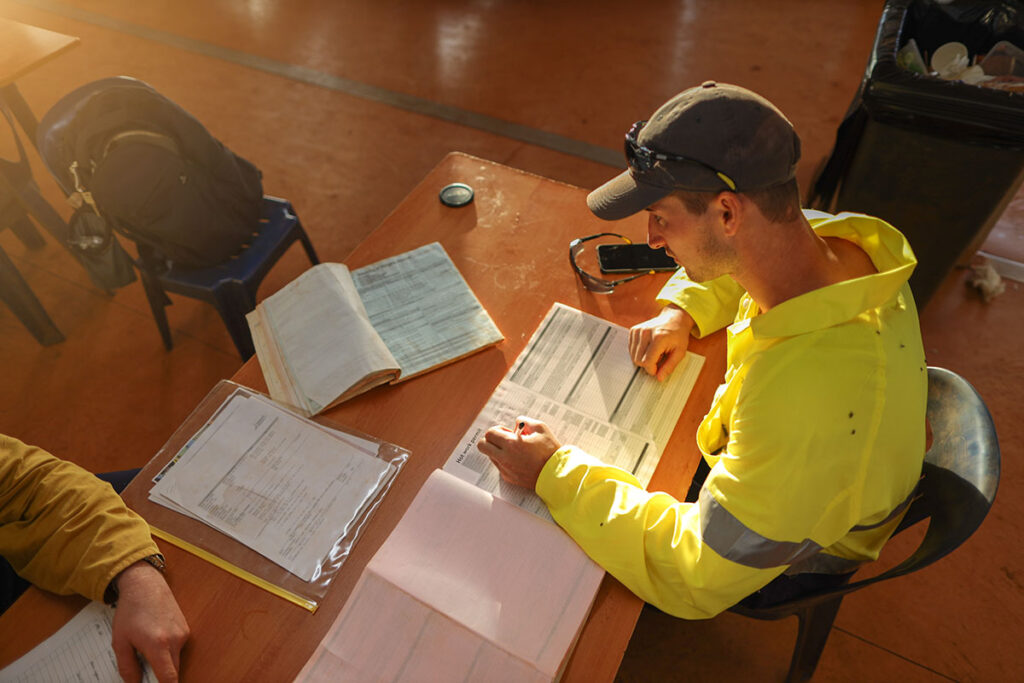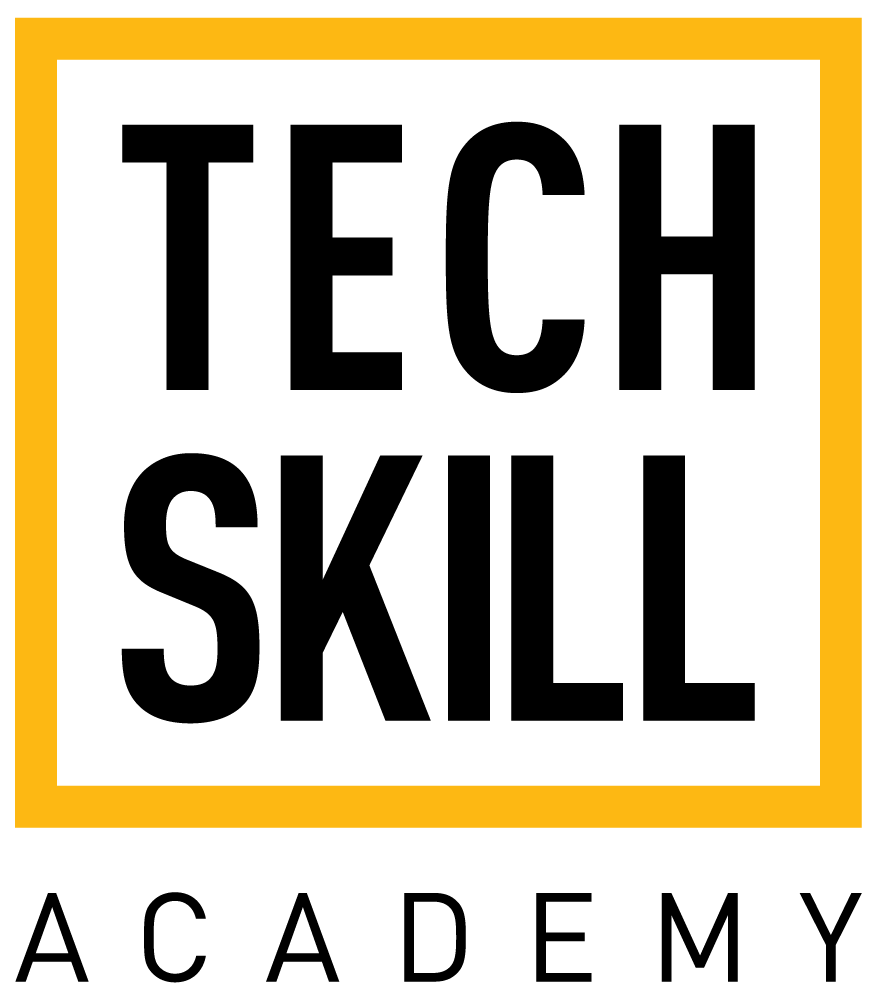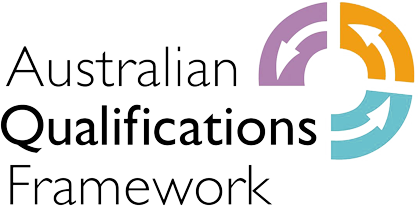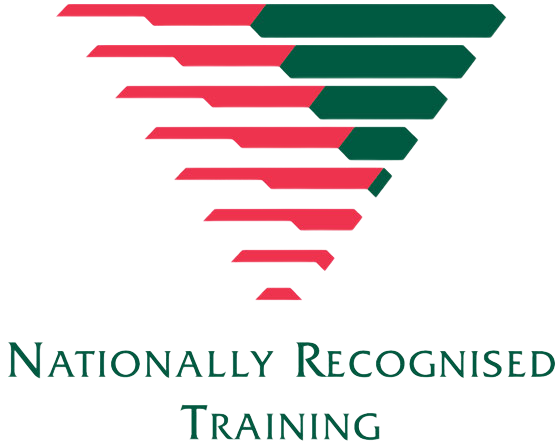As the financial year draws to a close, it’s time to make sure you’re making the most of your tax return, so we’ve done the legwork to simplify the process for you. Whether you’re a small business owner looking to invest in your staff’s skills or an individual seeking to claim your education expenses, our guide has everything you need to know to maximise your deductions.
Upskill Your Staff and Claim it Back
Small businesses play a crucial role in driving economic growth, and investing in employee training and development is key to their success.
If you haven’t heard of it, the Government’s Small Business Skills and Training Boost initiative means you can claim significantly more back on your tax return when you upskill your staff with external training.
What is the Boost?
Small businesses with an aggregated annual turnover of less than $50 million can benefit from an additional 20% tax deduction for external training courses delivered to employees by registered training providers.
This boost aims to encourage businesses to invest in the skills and knowledge of their workforce, ultimately fostering growth and innovation within the sector. The boost is applicable to eligible expenditures incurred between 7:30 pm AEDT on 29 March 2022 and 30 June 2024.
Are You Eligible?
To access the boost, businesses must meet the standard aggregated annual turnover rules and ensure that the expenditure meets specific criteria:
- The training must be provided to employees either in-person in Australia or online.
- The expenses must be charged by a registered external training provider that is not affiliated with the business.
- The expenditure must already be deductible for the business under taxation law.
- Training expenses must be incurred within the specified period mentioned above.
What You Can Claim
The bonus deduction is available for expenditures related to the provision of training to one or more employees.
Eligible training providers must meet specific registration criteria, ensuring the quality and credibility of the training programs. Training expenses can include incidental costs such as books or equipment necessary for the course. If your business is registered for GST, the bonus deduction is calculated on the GST exclusive amount.
What You Can’t Claim
Expenditure for training non-employee business owners or costs added by an intermediary on top of the training cost cannot be claimed. Additionally, if your business is entitled to a research and development (R&D) notional deduction under the R&D tax incentive program, you can claim both the bonus deduction and the R&D notional deduction.
How to Claim the Deduction
Deductions are generally claimed in the year the expenses are incurred. However, depending on your income year and when the expense is incurred, you may need to claim the bonus amount in a later year’s tax return.
Investing in employee training and development not only benefits individual employees but also contributes to the overall growth and success of small businesses.
By taking advantage of the Small Business Skills and Training Boost, businesses can equip their workforce with the skills needed to thrive in an ever-changing business landscape.

Further Tax Deductions as a Sole Trader:
Navigating taxes as a sole trader can be challenging, but knowing what deductions you can claim makes a big difference.
Key Tax Information
- Use your individual tax file number (TFN) to lodge your tax return.
- Taxed at personal income tax rates.
- Tax-free threshold: $18,200.
What You Can Claim
Your journey to success begins with investing in yourself. Fortunately, many educational pursuits directly relevant to your business are tax-deductible.
- Courses directly related to your current business.
- Accommodation and meals for courses requiring travel.
- Travel expenses, conference fees, textbooks, journals.
Other Tax-deductible Expenses Include:
- Marketing and Advertising; costs for broadcast, print, and online advertising, market research, photography and video production, promotional materials (business cards, flyers, brochures), website design and development
- Business Computers and Laptops; covering their purchase cost, software, repairs, and maintenance. However, remember that only expenses directly linked to business use are eligible for deduction.
- Business Travel; transportation, accommodation, meals, and fees for conferences or seminars.
- Insurance and Phone Bills; when it comes to insurance and phone bills, expenses for both business and personal insurance, as well as costs for business-related phone calls and internet usage, can be tax-deductible.
- Home Office; occupancy costs (cleaning, council rates, electricity), repairs for furniture and furnishings, house insurance premiums, land taxes, mortgage interest, or rent, business-related phone and internet usage, stationery, printer ink, paper
- Machinery and Equipment; depreciation over their effective life can be tax-deductible. This includes items like machinery, motor vehicles, computers, tablets, phones, furniture, carpets, and curtains.
- Motor Vehicle Expenses; running and maintenance costs: registration, insurance, financing, petrol, servicing, car washes. Depreciation (maximum value claimed for 2022-2023: $64,741), and claimable via logbook or kilometres method.
- Wages and Salaries; you can claim deductions for the wages and salaries you pay your staff, and any superannuation contributions you make on their behalf.
What You Can’t Claim
- Court or tribunal fines
- GST on purchases claimed as a credit on your business activity statement
- Travel insurance, passports, and visas

Further Tax Deductions for Companies:
For companies operating in Australia, understanding and utilising tax deductions can significantly impact financial outcomes and regulatory compliance.
What You Can Claim
As a company, you’re entitled to claim tax deductions for a broad array of expenses directly related to earning assessable income. These deductible expenses encompass:
- Day-to-day operating expenses
- Purchases of products or services for your business
- Certain capital expenses, including depreciating assets like machinery and equipment used in your business
The timing and amount of your deductions hinge upon the type of expense. While some capital expenditures are deductible over time, others may offer immediate tax benefits. However, it’s essential to note that expenses with private or domestic purposes are not deductible.
The Three Golden Rules
To ensure the validity of your deductions, it’s crucial to adhere to three golden rules recognised by the ATO:
- The expense must be for your business and not for private use.
- If the expense serves both business and private purposes, you can only claim the portion used for your business.
- Maintain accurate records to substantiate your deductions.
What You Can’t Claim
While many expenses qualify for deduction, certain expenses cannot be claimed, including:
- The GST component of expenses if you can claim it as a GST credit on your business activity statement
- Entertainment expenses, excluding those provided as fringe benefits
- Traffic fines and personal expenses
- Payments for which you have not met your PAYG withholding or reporting obligations
When to Claim Your Deductions
The timing of claiming deductions depends on the expense type:
- Operating expenses and wages are typically claimed in the year they’re incurred.
- Capital expenses, such as depreciating assets, may be claimed over a longer period.
Deductions for Prepaid Expenses
If you incur expenses for goods or services you’ll receive in a later income year, you may be eligible for deductions. However, for expenses over $1000, you’ll need to apportion or distribute the expense across the supply or service period.

Tax Deductions for Individuals and Employees:
As the financial year draws to a close, it’s essential to understand which education expenses qualify for tax deduction according to the ATO. Here’s a breakdown of eligible education expenses and how to claim them:
Are Your Expenses Eligible?
To qualify for tax deduction, education expenses must meet specific criteria:
- They must enhance or maintain the skills or knowledge required for your current position.
- They should result in or have the potential to result in increased income from your current employment.
- Expenses for courses tangentially related to your current job or for transitioning to a new career are not eligible for deduction.
Types of Eligible Studies
You can claim deductions for various types of studies, including:
- Short courses or workshops relevant to your job or industry.
- Diplomas, certificates, or university courses that enhance job-related skills.
- Industry conferences or seminars pertinent to your work.
What Else You Can Claim
You can claim deductions for expenses directly related to your studies, including:
- Course fees.
- Stationery items such as computer consumables, textbooks, and journals.
- Home office expenses like internet usage and phone calls (excluding occupancy costs related to working from home).
- Car expenses for travel between your residence, educational institution, and workplace.
What You Can’t Claim
- Tuition fees paid by someone else, including employers or reimbursement.
- Repayments of loans obtained under HELP, SFSS, SSL, or TSL programs.
- Home office occupancy expenses, such as rent, mortgage interest, and rates.
- Accommodation and meal expenses are generally not deductible, except for short-term study-related travel, like attending residential school.

What Everyone Needs to Know this EOFY:
Whether you’re a sole trader, a company, or an individual wanting to make the most of your tax return, there are a few general things you need to know about.
Apportioning Expenses for Private and Business Use
When expenses serve both private and business purposes, it’s vital to apportion them accurately. For instance, if you use a laptop for both business and personal use, you can only claim a deduction for the portion used for your business.
Depreciating Assets for Education
Depreciating assets like computers and printers used for educational purposes can also be deducted. However, deductions are based on their usage for education versus private use.
You Must Keep Records of Anything You Claim
Keeping thorough records is crucial for maximising your tax deductions and staying on the right side of the ATO.
Always save receipts for anything you plan to claim, as well as supporting documents like travel itineraries and conference registration forms. The myDeductions page on the ATO’s app can help in recording education expenses effectively. Not only will this help if you’re audited, but it also ensures you have a clear record of your business expenses.
Remember, the ATO advises holding onto these receipts for five years after you make a claim.

Key Takeaways – Claim Your Education Back this EOFY:
As we approach EOFY, it’s crucial to grasp the intricacies of tax deductions to maximise your return. Whether you’re a sole trader, company, or individual, understanding what you can claim is essential. From the Small Business Skills and Training Boost for small businesses to deductible expenses like self-education costs and operating expenses, there are various avenues to explore.
- Small Business Skills and Training Boost (for Companies and Sole Traders): Small businesses with an annual turnover under $50 million can claim an additional 20% tax deduction for external training courses for employees.
- Tax Deductions for Sole Traders: Sole traders can claim deductions for a range of expenses including self-education costs, marketing and advertising, home office expenses, and machinery and equipment.
- Tax Deductions for Companies: Companies can claim deductions for day-to-day operating expenses, purchases of products or services, and certain capital expenses. It’s crucial to keep accurate records and ensure deductions are directly related to the business.
- Tax Deductions for Individuals and Employees: Individuals can claim deductions for education expenses that enhance or maintain skills required for their current job. This includes short courses, diplomas, conferences, and relevant stationery items.
By understanding and leveraging these deductions, individuals and businesses can optimise their tax returns and invest in growth and development.
Get ahead of the tax game this year, upskill, and claim it all back!
Remember to seek advice from a registered taxation agent, we are not tax professionals – research conducted by EFLR Group: ATO, MYOB, Business.gov.au






